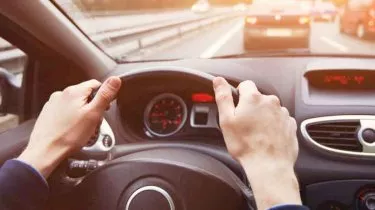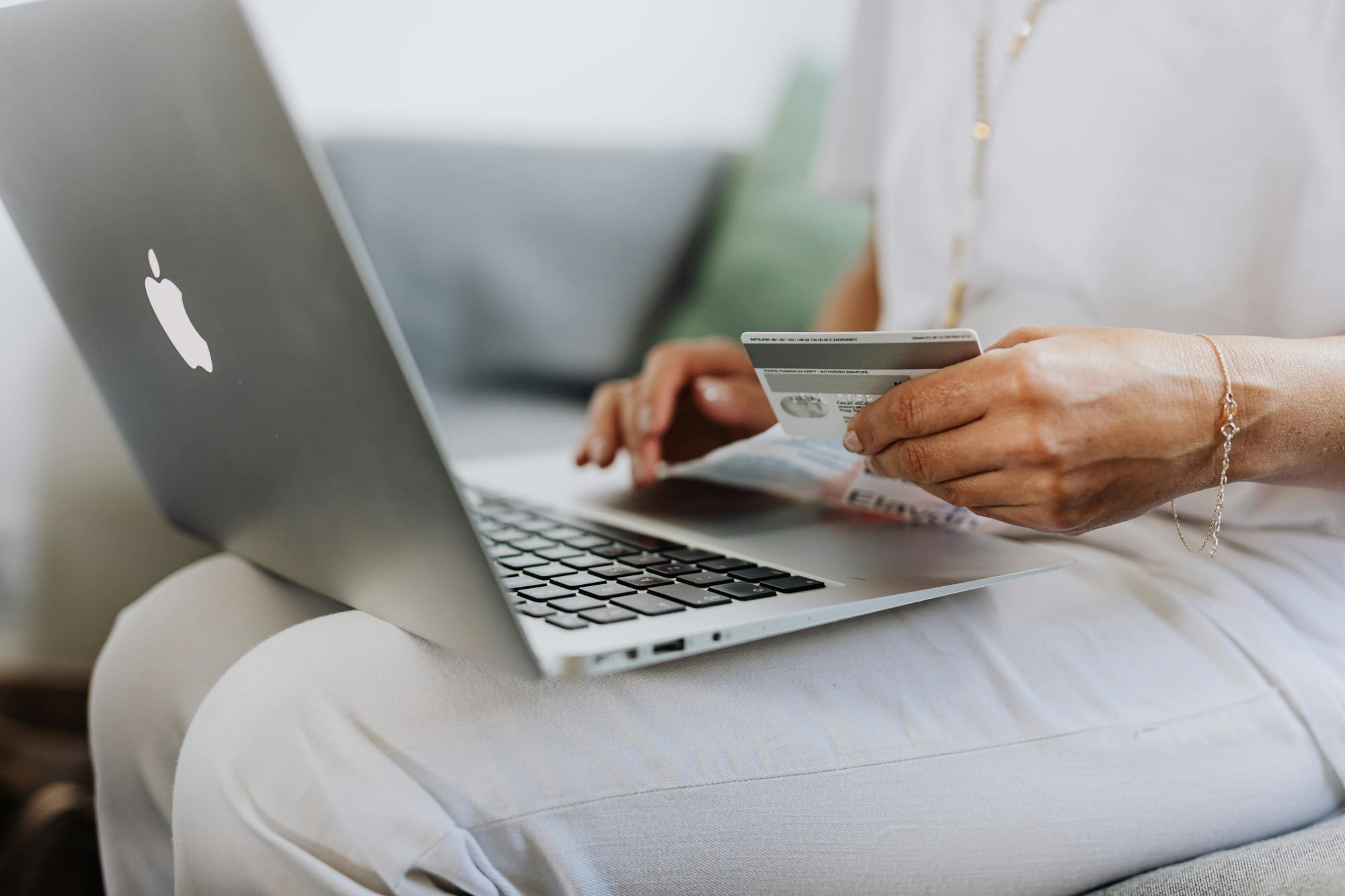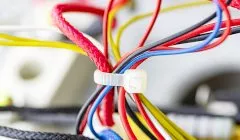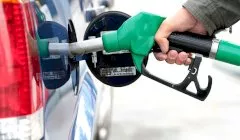Save
Do you really need a car?
Owning a car costs the average Australian $7,232 every year – but with the average owner also indicating they spend less than four hours a week driving, it raises the question: “Do we really need it?”
Do you really need a car?
Owning a car costs the average Australian $7,232 every year – but with the average owner also indicating they spend less than four hours a week driving, it raises the question: “Do we really need it?”

Research commissioned by car-sharing service Popcar has revealed that more than half of Australians (52 per cent) consider car ownership a financial burden, and are consequently worried about the financial pressure of running a car.
Dr Parvinder Kler, director of the Sustainable Energy Policy Cluster at Griffith University, said the research showed that many Australians feel a heavy financial burden with the car upkeep and would prefer to save the worry and money associated with car ownership.
“But it’s often a habit that is hard to break,” he conceded.
“Australians chose car ownership for the freedom and convenience to get around – from the grocery shopping to driving to work.”

Eight in 10 Australians purchased a car for the convenience of getting around easily, despite only using their car for less than four hours per week.
“In reality, Australians are wasting a lot of money on their cars when comparing the cost against how short the amount of time that people spend driving their cars,” Dr Kler said.
He considered another factor that puts some people under financial pressure “is not realising the ongoing, long-term costs of owning a car before purchasing one”.
According to the research results, more than one in three Australians do not consider the long-term costs of owning and maintaining a car before purchasing one, which could in turn be impacting on their disposable income.
The research director said this is “easily done with the high and fluctuating price of fuel or unexpected maintenance costs for instance”.
Three in four (75 per cent) of the respondents surveyed said they want to be able to put more money into saving for the future or going on a holiday (70 per cent).
“Getting rid of your car is the easiest and fastest way to make some noticeably big savings on a yearly and even daily basis,” Dr Kler offered.
“There are many alternatives to traditional car ownership, which are convenient and cheaper, but there is still work to be done to change the concept of car ownership.”
The research revealed that the most common car trips are for grocery shopping (71 per cent), commuting to work (50 per cent), or socialising with friends and family (43 per cent).
Twenty-five per cent of respondents also perceived car ownership to be a sign of success, an attitude more prevalent among older Australians.
About the author

About the author


Expenses
Navigate Black Friday safely: Essential tips for global shoppers
As the global retail landscape gears up for another round of Black Friday and Cyber Monday sales, consumers worldwide are being advised to proceed with caution. HSBC, one of the leading financial ...Read more

Expenses
Expert tips to secure your financial safety net
New Zealanders are known for their "she'll be right" attitude, but when it comes to handling unexpected bills, being prepared is crucial. Read more

Expenses
Australians continue to opt for free VPNs, ignoring potential privacy risks
Australians, alongside citizens of Sweden, South Korea, and Mexico, are increasingly choosing to use free Virtual Private Networks (VPNs), despite the potential threats to their privacy. Read more

Expenses
Rooftop solar in childcare centres could cut energy bills by millions
The analysis conducted by Parents for Climate has revealed that the installation of rooftop solar and batteries in early childhood education and care (ECEC) centres could lead to savings of up to $130 ...Read more

Expenses
Corporate Traveller identifies key strategies for business travel savings
Flight Centre Travel Group's Corporate Traveller, a premier service provider for managing SME travel, has shared several effective strategies that enabled their business clients to significantly ...Read more

Expenses
Price no longer the prime factor for energy bills
Many Australians are intrigued but unconvinced when it comes to greening their energy bill. Read more

Expenses
1 in 2 Aussie pet owners spends on their pets more than themselves
Does owning a pet eat into your monthly budget? You’re not alone. Read more

Expenses
The real reason Sydney’s petrol prices are so high
Sydney fuel prices may seem like they’re soaring, but a recent study indicates that they may be cheaper than you think. Read more

Expenses
Navigate Black Friday safely: Essential tips for global shoppers
As the global retail landscape gears up for another round of Black Friday and Cyber Monday sales, consumers worldwide are being advised to proceed with caution. HSBC, one of the leading financial ...Read more

Expenses
Expert tips to secure your financial safety net
New Zealanders are known for their "she'll be right" attitude, but when it comes to handling unexpected bills, being prepared is crucial. Read more

Expenses
Australians continue to opt for free VPNs, ignoring potential privacy risks
Australians, alongside citizens of Sweden, South Korea, and Mexico, are increasingly choosing to use free Virtual Private Networks (VPNs), despite the potential threats to their privacy. Read more

Expenses
Rooftop solar in childcare centres could cut energy bills by millions
The analysis conducted by Parents for Climate has revealed that the installation of rooftop solar and batteries in early childhood education and care (ECEC) centres could lead to savings of up to $130 ...Read more

Expenses
Corporate Traveller identifies key strategies for business travel savings
Flight Centre Travel Group's Corporate Traveller, a premier service provider for managing SME travel, has shared several effective strategies that enabled their business clients to significantly ...Read more

Expenses
Price no longer the prime factor for energy bills
Many Australians are intrigued but unconvinced when it comes to greening their energy bill. Read more

Expenses
1 in 2 Aussie pet owners spends on their pets more than themselves
Does owning a pet eat into your monthly budget? You’re not alone. Read more

Expenses
The real reason Sydney’s petrol prices are so high
Sydney fuel prices may seem like they’re soaring, but a recent study indicates that they may be cheaper than you think. Read more













